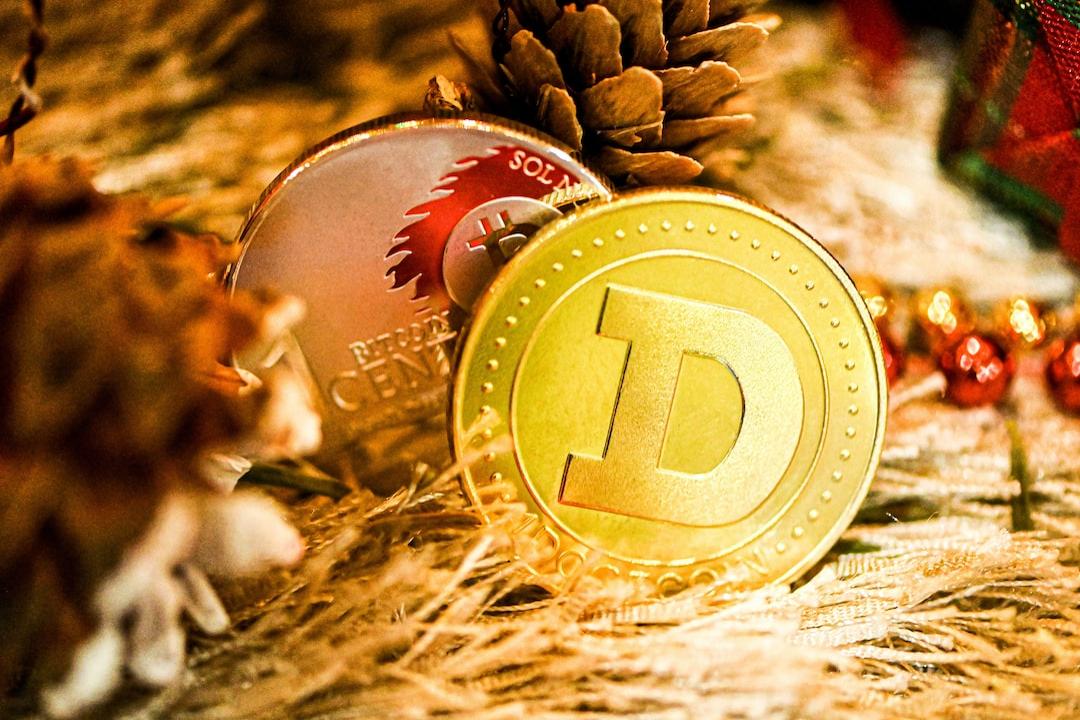Salvadoran President Nayib Bukele recently drew attention to the unrealized gains from El Salvador’s Bitcoin investments on social media, as the cryptocurrency surpassed $100,000 for the first time. On December 5th, Bitcoin reached this milestone, sparking celebrations within the crypto community. On the same day, Autism Capital, a crypto-focused account on X, asked Bukele to share El Salvador’s Bitcoin portfolio to “dunk on the haters.” In response, Bukele posted the country’s BTC holdings on X.

Bukele’s latest update reveals that the country has spent nearly $270 million on Bitcoin since its initial adoption of the cryptocurrency. The portfolio shows that no Bitcoin has been sold, and the unrealized gains now exceed $333 million.
El Salvador became the first country to adopt Bitcoin as a legal tender. On September 7th, 2021, the country’s Bitcoin Law came into effect, officially recognizing BTC as a currency for financial exchanges within El Salvador. On September 6th, the government also purchased its first 200 BTC.
Since then, El Salvador has continued to acquire Bitcoin. On November 17th, 2022, Bukele announced a dollar-cost averaging (DCA) strategy, committing to buy one Bitcoin daily.
According to Nayib Tracker, a platform dedicated to tracking the country’s Bitcoin investments, El Salvador holds 6,180 BTC. The tracker estimates the average purchase price at $44,739.88 per Bitcoin, indicating a 122% increase based on current market prices.
In addition to BTC profits, El Salvador has reported other benefits since adopting Bitcoin. The country’s decision to adopt Bitcoin has also boosted tourism.
Despite the reported success, the International Monetary Fund (IMF) has consistently urged El Salvador to reconsider its Bitcoin policies. On January 25th, 2022, the IMF asked El Salvador to stop recognizing BTC as legal tender, citing risks to financial stability while acknowledging the potential for increased financial inclusion. On October 3rd, the IMF renewed its call for El Salvador to scale back its Bitcoin policies. Julie Kozack, the IMF’s communications director, recommended narrowing the scope of the country’s Bitcoin Law and limiting the public sector’s exposure to Bitcoin.

